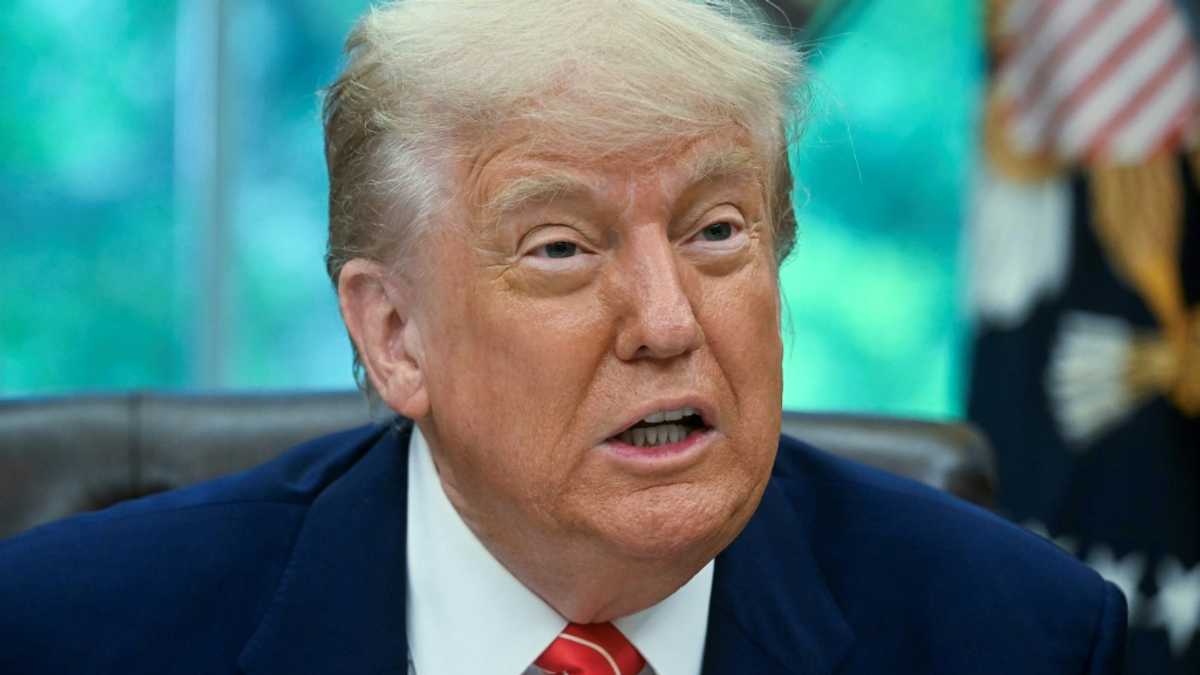India-Pakistan Tensions Escalate

The Indian rupee experienced a sharp decline this week due to the escalating conflict between India and Pakistan. This conflict has negatively impacted local equities and sovereign bonds. The Reserve Bank of India (RBI) intervened on Friday to help stabilize the rupee, which closed stronger at 85.37 against the U.S. dollar after weakening to a near one-month low of 85.8425 in early trading. Despite the RBI's intervention, the currency still declined by 0.9% over the week.
The conflict between India and Pakistan has intensified, with both countries accusing each other of launching new military attacks using drones and artillery. These attacks mark the worst fighting seen in nearly three decades. Michael Wan, a senior currency analyst at MUFG, noted that both India and Pakistan have a fundamental incentive to avoid substantial escalation in the medium term but acknowledged the uncertainties inherent in geopolitical conflicts.
The rising tensions have led to increased hedging costs and nervousness among Indian foreign exchange traders. The 1-month dollar-rupee non-deliverable forwards climbed to their highest in a month, reflecting offshore market participants' concerns about rupee weakness. India's benchmark equity index, the Nifty 50, fell over 1% on the day, while government bonds remained relatively stable after an initial dip.
A trader at a large foreign bank mentioned that "heavy intervention" by the RBI prevented deeper losses for the rupee, suggesting that the absence of such intervention could have led to speculative build-up against the currency. Other Asian currencies were mostly weaker on the day, while the dollar index slipped 0.2% to 100.3.
In response to the military conflict, Delhi is on high alert, with authorities preparing for potential emergencies. Air-raid sirens are being installed across the city, and civil defence personnel are being deployed. Control rooms have been activated, and mock drills and awareness campaigns are planned to educate the public on how to respond to emergency situations like air raids. The Delhi government's services department has barred employees from taking leave until further notice, and security has been strengthened at vital installations and public areas.
According to a senior official from the revenue department, 10 sirens are being installed in each of the 11 revenue districts, with each siren designed to be heard within a specific radius. Civil defence volunteers are being trained in various districts, and coordination meetings are being held to ensure better preparedness.
Amid the escalating crisis, even the fiercely loyal K-pop fandoms in India—BTS' ARMY and BLACKPINK's BLINKs—have temporarily set aside their usual rivalries. United by the sentiment that "India comes first," fans are supporting the nation and combating misinformation. This unity is considered rare and unexpected, with fans expressing their commitment to standing strong for the nation during these trying times.
Meanwhile, BTS' J-Hope has announced the final leg of his HOPE ON THE STREET tour, with encore concerts scheduled for July 13 and 14, 2025, in Goyang, South Korea. BLACKPINK is also gearing up for a major return, planning to release a new album and embark on a world tour after a break following their Born Pink era.
In Uttar Pradesh's Noida, a red alert has been issued due to the heightened tensions between India and Pakistan. The district administration, along with the police and fire departments, held a meeting with hospital operators to brief them about emergency protocols. Hospitals with more than 50 beds were informed on how to operate during adverse conditions such as air raids, fire outbreaks, building collapses, and mass evacuations. Senior officials from various departments were present at the meeting to ensure preparedness in case of any emergency.












